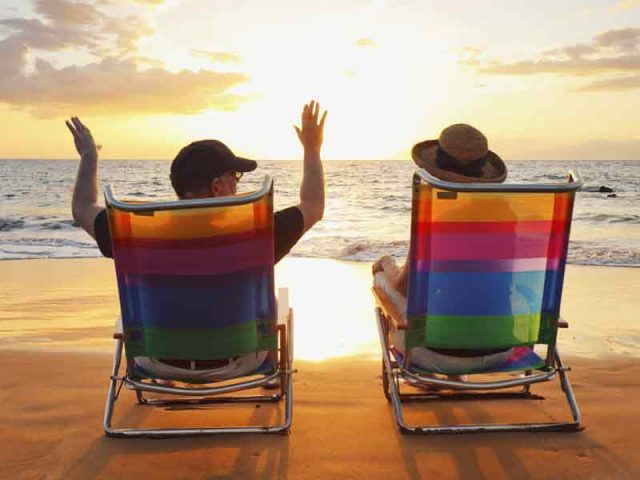Last Updated on December 13, 2021
An Autumn Aliyah
By: Zelda

There was no Nefesh B’Nefesh when I made Aliyah in 1997 at the age of 65. I didn’t need it. I had an embarrassingly smooth absorption, thanks to my daughter and son-in-law. It took some time but they found me a lovely apartment a five minute walk from their home, and supervised the renovations – “shipootz” in Hebrew – while I assembled my Lift back in Houston. They smoothed my way through the tangle of bureaucracy, advised and encouraged me and they still do.
From my first visit in 1982, when my daughter was here on Young Judaea’s Year Course, I was struck by the physical beauty of the country, the energy and love of life exhibited by the Israelis and their incredible variety.
I soon found activities and friends. AACI (Americans and Canadians in Israel) had an office a bus ride away, where there were activities and meetings. I wasn’t interested in their Bridge club, but I found friends anyway. People told me about the English Language bookstore in Hadar, and Shuk Talpiot, which reminded me of the market street in the Bronx where my mother took her shopping cart and me when I was a child. I found a community center with a great pool, where I could swim laps and exercise.
My Ulpan was an uphill walk away. I took different routes, including one on a landscaped promenade above the harbor where I could enjoy the view of Haifa bay and beyond. Learning Hebrew from scratch also was uphill. Pensioners like me were only entitled to three mornings a week of classes, which really wasn’t enough. Besides, I was the only Anglophone, and sometimes it felt like I was learning almost as much Russian as Hebrew. And I found Hebrew much more difficult to learn than the French I learned in school or the Dutch I had picked up so easily the year I spent in Amsterdam as a bride. Finding vowels and nikud – those visual Braille-style points that indicate pronunciation – would have helped, but they stop being used after kitah gimel.
Once, I think it was in 1998, I tried to find a particular shop in Hadar. I asked directions of a shopkeeper in my brand-new Hebrew, and he answered in Russian. When I said I didn’t speak it, he said, in Hebrew, “… with a face like that you should speak Russian!” I replied that my face came from my grandmother, who came from Odessa, but my tongue came from the USA. He laughed and pointed me in the right direction.
Another time I proffered my half-price bus pass to the driver who expressed a flattering refusal to believe that I was old enough for the pensioner’s discount. Then he qualified the compliment by suggesting that I would look even younger if were to lose ten or twenty kilos. Somehow I did, simply because of all the walking and swimming and carrying, and the great Israeli diet I have learned to enjoy.
I found a chorus to sing with, a writing group and then another, and new friends in all of them. It has been wonderful to watch my Israeli grandchildren grow, and, thanks to Internet and Skype, I can stay close to their American cousins as well. And as a friend once said, “how boring it must be to live in only one country all your life.” She began in Switzerland, moved to England, and, finally, to Israel.
There are still things I miss about America, and I’m still struggling with Hebrew. But I haven’t regretted coming here for a minute, despite tensions and rockets and bombings. Making Aliyah in the autumn of my life was the right decision for me.
Very sadly, in the prime of their lives, due to illness, both Zelda’s daughter and her son-in-law passed away a few years after she wrote this piece.


